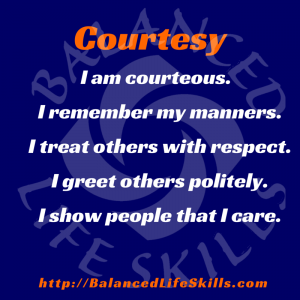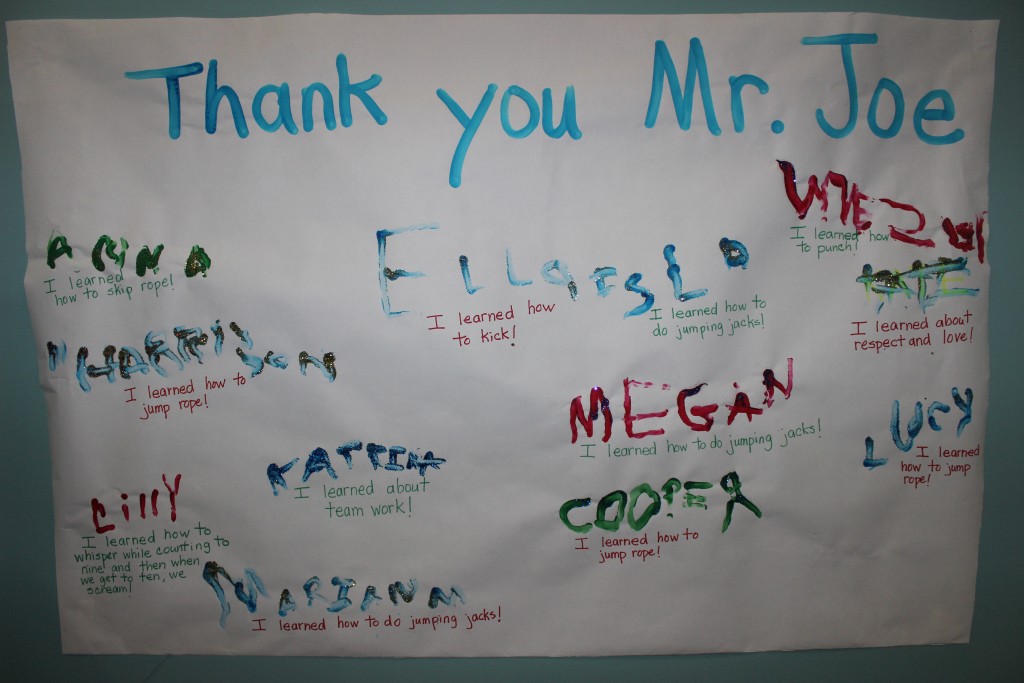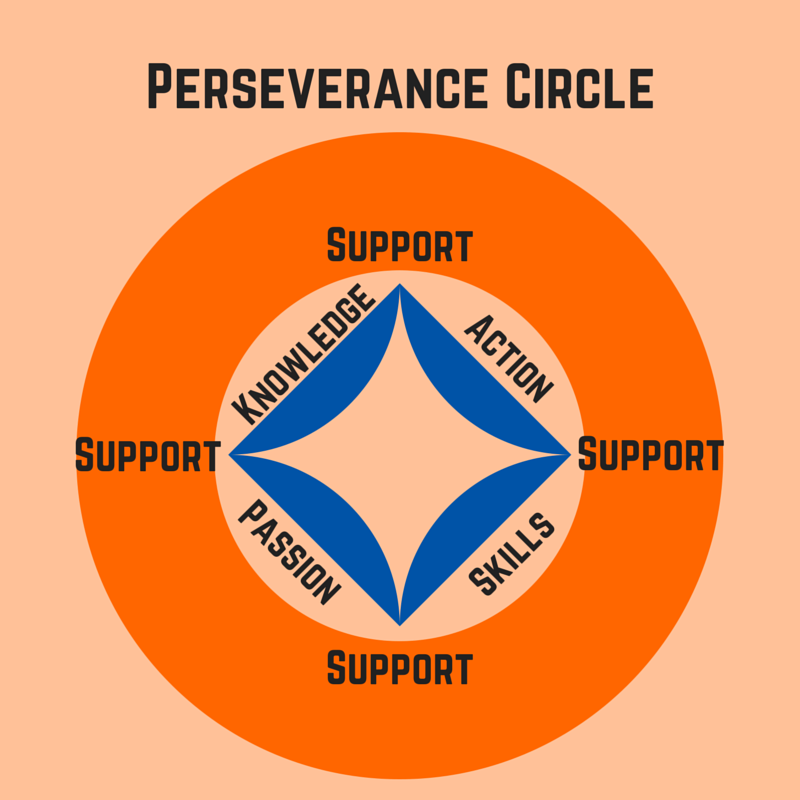
Polite words, good manners – yes courtesy – are both appreciated and remembered by others. Recently I was told a story of a young man, whom at the age of 18 was asked to provide a skill for another person who was older than them. The skill and the completed job was appreciated, but it was the “good manners” that stuck in the mind and heart of the recipient of the deed.
 In a world where what is acceptable as manners seems to be changing, everyone finds the feeling of dignity and respect never goes out of style. It may be as simple as the proper handshake, genuine smile or the eye contact to make the other person feel that, at that moment they are important to you.
In a world where what is acceptable as manners seems to be changing, everyone finds the feeling of dignity and respect never goes out of style. It may be as simple as the proper handshake, genuine smile or the eye contact to make the other person feel that, at that moment they are important to you.
It may be that we need to meet the other person where they are. Imagine being in another country – isn’t it best to know what they consider to be respectful? The same is true with the differences in generations here in our country. While one generation may not expect a younger person to stand when an older person comes into the room, wouldn’t it be courteous if we knew that was seen as good manners for another generation, and that we are willing to demonstrate that symbol of respect.
While some may not remember what it is that they felt well about you, wouldn’t it be wonderful if it was because of the courtesy you showed in your interactions with them.





